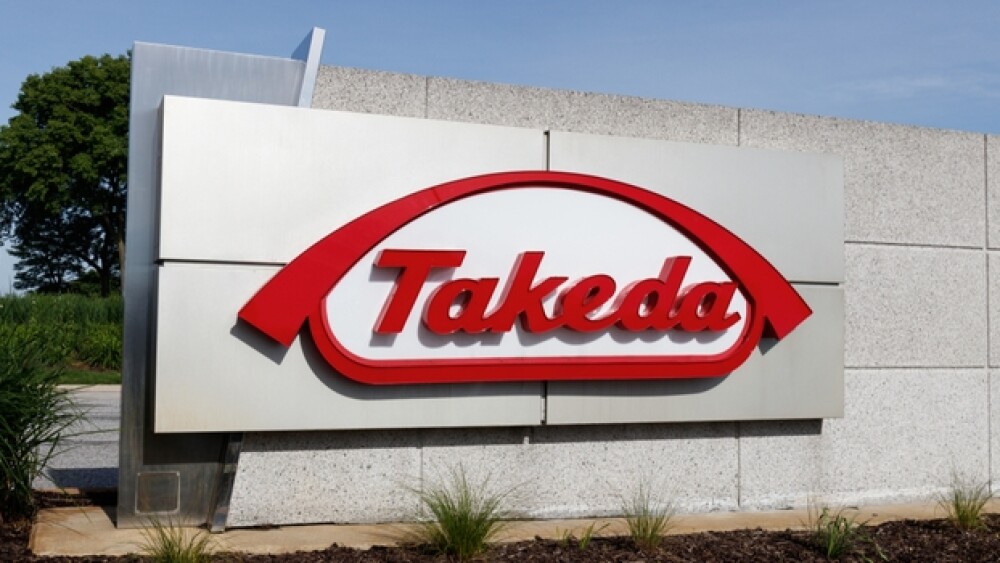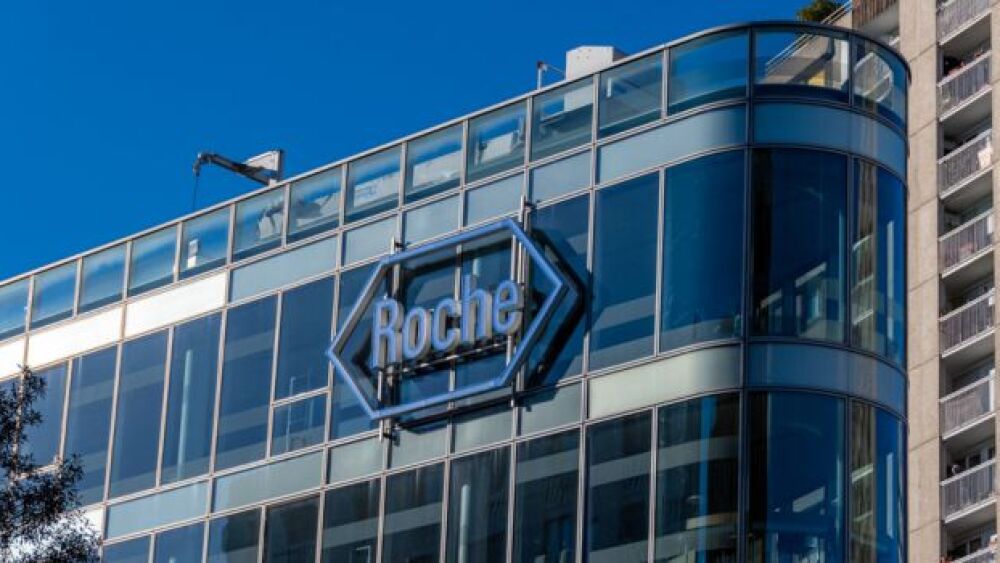With the acquisition of San Diego-based PvP Biologics and a recent deal with COUR Pharmaceuticals, Takeda Pharmaceutical is looking to become a world leader in the treatment of celiac disease and other gastrointestinal disorders.
Jonathan Weiss / Shutterstock
With the acquisition of San Diego-based PvP Biologics and a recent deal with COUR Pharmaceuticals, Takeda Pharmaceutical is looking to become a world leader in the treatment of celiac disease and other gastrointestinal disorders.
Asit Parikh, the head of Takeda’s Gastroenterology Therapeutic Area Unit told BioSpace in an email that the acquisition of PvP and its celiac asset Kuma062, now known as TAK-062, as well last fall’s acquisition of the license for a first-in-class celiac treatment from COUR Pharmaceuticals,TAK-101, enhances Takeda’s commitment to developing treatments for gastrointestinal disorders. PvP’s TAK-062 is currently in Phase I development for uncontrolled celiac disease and Takeda will take over development when it enters Phase II later. Takeda said TAK-062 is a potential best-in-class treatment that was computationally engineered to treat celiac disease. TAK-101 is an immune modifying nanoparticle containing gliadin proteins, that was acquired following a positive Phase IIa proof-of-concept. In the study, TAK-101 demonstrated T-cell response suppression, suggesting that it may induce tolerance to gluten in patients with celiac disease by immune uptake of proprietary nanoparticles loaded with gliadin proteins, a disease-specific antigen.
Celiac disease is a genetically driven chronic immune-mediated disorder where abnormal immune responses to gluten peptides lead to inflammation and damage of the small intestine. Currently, the only available treatment for patients with celiac disease is maintaining a gluten-free diet, which involves strict, lifelong avoidance of exposure to gluten proteins.
Parikh said that a diagnosis of celiac disease places a substantial burden on patients. Maintaining such a strict diet is difficult and, Parikh said sometimes patients experience severe symptoms and comorbidities despite adherence to a limiting and expensive diet. Because of this, Takeda recognizes that the unmet need in this space is substantial. He said the pathobiology of the disease is clear and that allows the company to approach it with sound science. Parikh said its two celiac assets have two validates mechanisms of action. TAK-062 enzymatically digests gluten and TAK-101 promotes immune tolerance. He said the two pipeline programs will enable the company to carry forward its vision of being the world leader in this space.
“Together these programs provide further opportunity for Takeda to apply our deep R&D expertise in the development of transformative therapies. These two celiac assets build upon an already strong portfolio that addresses other areas of high unmet need such as inflammatory bowel disease (ulcerative colitis and Crohn’s), short bowel syndrome, upper GI motility disorders, and acid peptic disorders. With a world-class GI commercial infrastructure that spans 65 countries, Takeda is well-positioned to bring the first celiac disease treatments to patients,” Parikh said.
By bringing the first celiac disease treatment to the market, Parikh said that will enable the company to move forward in its mission to become the “world leader in the care of GI disorders.”
Takeda has a number of GI products on the market, including Entyvio, a treatment for moderate to severe ulcerative colitis or moderate to severe Crohn’s disease, as well as Amitza, a treatment for chronic idiopathic constipation (cause of constipation is unknown), opioid-induced constipation: for chronic, non-cancer pain and for women with irritable bowel syndrome with constipation. Takeda also has a number of approved products for gastric acid-related disorders like gastroesophageal reflux disease (GERD), including Takecab, Pantoprazole and Lansoprazole.





